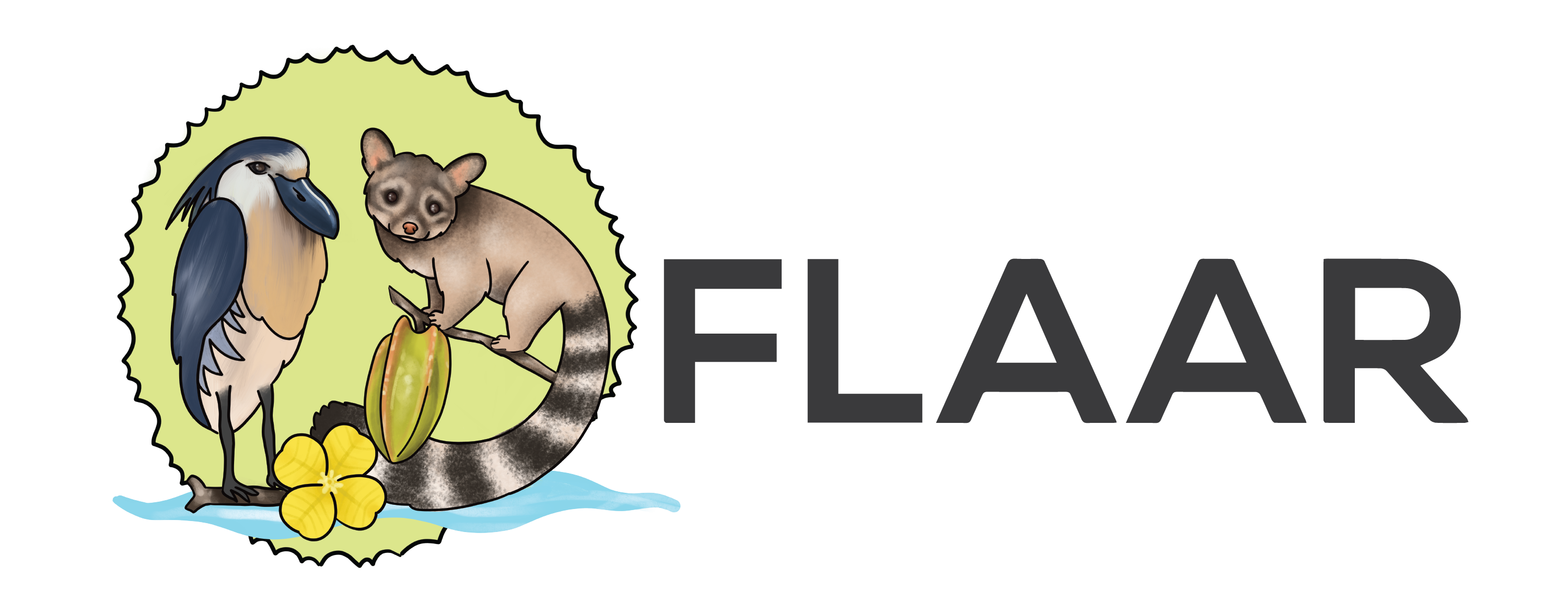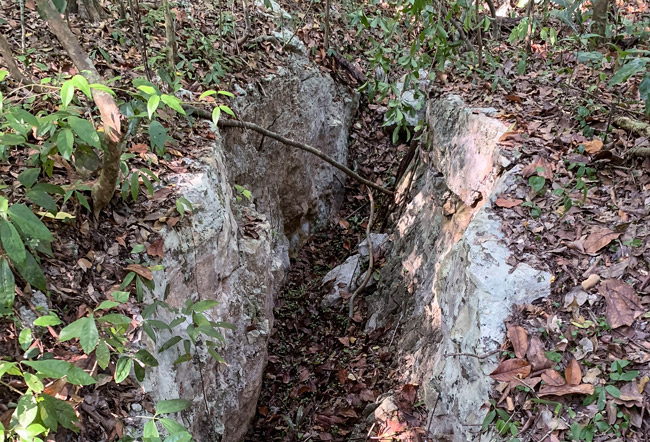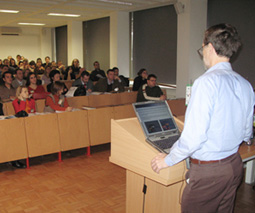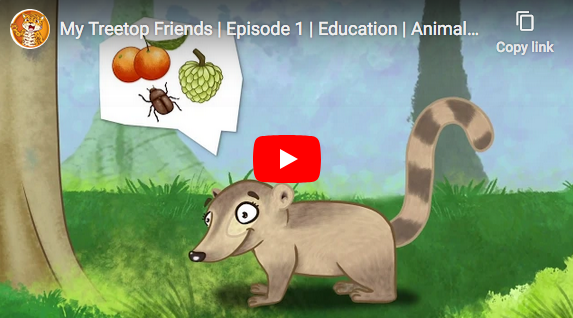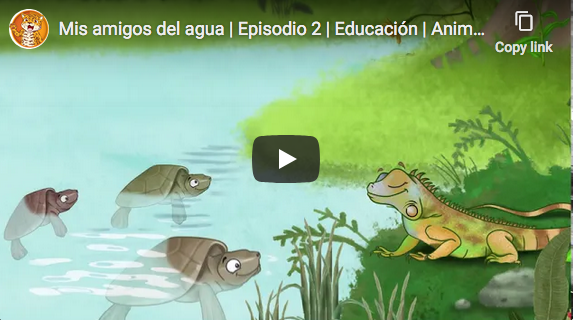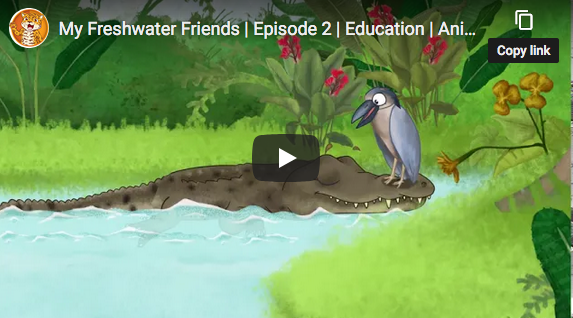Task 1 - Medium response:
Giving some logical reasons,the professor is defending the Chevalier memoir and making it reliable.She uses sophistications to make the critics convince that their claim on memoir is not true.
First of all,she mentions the issue about borrowing some money from a merchant by Chevalier.She thinks the Chevalier was in trouble with cash and he hadnt enough time to prepare it .He hadn't time to sell his own properties and estates to provide the money.so the loan is reasonable and it doesnt show his poverty.Secondly,the critics say that he escaped out the jail by bribing the watchman.But we know that there were more powerful men there in the jail with much more powerful friends and relations that made the escape so easir for them but they weren't able to escape.Therefor,we can accept what the Chevalier have said about the way he could manage to escape from the prison using a piece of metal and digging the ceiling.And the last reason the critics gives on unreliability of the Chevalier's memoir is that the details of the conversation between Chelavier and Voltaire is not truely mentioned in details in the Chelavier's memoir. They believe that there's a long period of time between the time they were conversing and the time Chelavier wrote that on paper.And it is impossible to write the exact talk that was occured at that time.However ,the professor solves the dillema easily.In his point of view,the Chevalier had a chance to get the tool due to the watchmen's come and go to repair the ceiling.
Overall the professor is trying to make his opinion seem to be true.
Medium Response Rationale:
This response is in the medium writing proficiency range. It would probably earn the score of 3 based on the Integrated Writing Scoring Rubric. The writer manages to convey some lecture information in response to the points made in the reading passage, but some ideas are omitted, unclear, or poorly connected. In response to the argument that the Chevalier was poor because we know he had to borrow money, the writer explains that the Chevalier was short on cash but not necessarily poor because he had other assets, which took some time to sell. Second, in response to the reading argument that the Chevalier probably bribed his way out of prison rather than escaping, the writer conveys the argument that other, more powerful men were not able to escape from the same prison. However, the writer does not clearly explain that they were unable to escape through bribery. Finally, the writer summarizes the reading argument that the Chevalier would have been unlikely to remember his conversations with Voltaire so many years later, but then, confusingly, returns to the Chevalier's escape from the prison. The writer tries to indicate (but not very clearly) that the Chevalier was able to get out of the prison by using the tools of a person who came to repair the ceiling. Apart from not connecting ideas well in this part of the response and not responding to the reading argument about Voltaire, the writer also conveys a very imprecise idea of what the lecturer said about the ceiling repairs. The errors in the use of language are fairly frequent in this response and obscure the meaning of several ideas. A few examples: "She uses sophistications to make the critics convince"; "powerful friends and relations that made the escape so easier for them but they weren't able to escape"; "he could manage to escape from the prison using a piece of metal and digging the ceiling"; "the last reason the critics gives on unreliability of the Chevalier's memoir is that the details of the conversation between Chelavier and Voltaire is not truely mentioned in details in the Chelavier's memoir."
Task 1 - High response:
The professor starts by saying that no memoir is completely accurate but she believes that the memoir of the Chevalier de Seingalt was fairly accurate and can be used as a valuable hostorical source. Though some critics disagree she is convinced that the memoir is accurate about it's details and has given considerable proof in her lecture.
While living in Switzerland the Chevalier mentions that he was wealthy and that he would indulge in extravaganzas like parties and gambling. The new evidence that the Chevalier did, infact, borrow money from Swiss merchants does not necessarily mean that he was poor. On the contrary the Professor theorizes that the Chevalier had a lot of assets as wealth and it would require time for him to convert the assets into readily useable currency. In such unfortunate circumstances where his vices would require immediate money he would borrow some, for the time being, only to pay them back later. Her theory is logical and sound.
The second piece critics would like to disclaim as true is the count of all conversations with Voltaire which he recorded with accuracy in his memoir which was penned down years later. The professor puts forward the fact that the Chevalier would dutifuly make a note of the entire length of the conversation every night after meeting with Voltaire. Such an act is confirmed by witnesses who saw the Chevalier refer to journals and notes while writing his memoir.
The final piece is the account of the dramatic jail break from Venice where he used a piece of metal to crerate a hole in the roof and then escaped. Such an account, though hard to believe, might actually be true as the Professor points out to some Italian government records dating back to that time which shows repairs being carried out to the cieling of the very same cell in which the Chevalier was imprisoned.
Though it may seem a bit dramatic and over the top, on the outset, the Professor is convinced that the memoirs of the Chevalier were true and accurate and could be used as a historical reference towards eighteenth century Europe.
High Response Rationale:
This response is in the high writing proficiency range. It would probably earn the score of 5 based on the Integrated Writing Scoring Rubric. The response is well organized, conveys the important information from all three lecture points, and connects it well with information that was presented in the reading passage. In response to the reading argument that the Chevalier de Seingalt exaggerated his wealth because we know he was forced to borrow money, the writer correctly conveys the lecturer's argument that the Chevalier needed the loans only because his considerable assets could not always be quickly converted into cash. In response to the argument that the Chevalier could not possibly remember his conversations with Voltaire so many years later, the writer conveys that the Chevalier based his memoirs on extensive notes he took at the time of his conversations with the famous author. Finally, in response to the argument that the Chevalier's description of his escape from prison through a hole in a ceiling is hard to believe, the writer conveys the argument that Chevalier's account is supported by the historical records describing ceiling repairs in the prison where he was held. There are a few minor language errors ("it's details", "count of all conversations", "records... which shows repairs being carried out", "on the outset") but they do not interfere with meaning in any way. In fact, the writer is very skilled in using sophisticated and accurate paraphrasing to convey the content from the lecture and the passage. A few examples: "he would indulge in extravaganzas like parties and gambling"; "conversations with Voltaire which he recorded with accuracy in his memoir which was penned down years later"; "repairs being carried out to the cieling (ceiling) of the very same cell in which the Chevalier was imprisoned."
Task 2 - Medium response:
Basically, I agree with the idea that it is more important for students to understnad ideas and concepts than it is for them to learn facts. There are two reasons to make my view convincing. That is because only learing facts is easy to get a main point in worng ways and student are easy to lose their concentration for studing.
There are some people who just want to get facts to reduce their learing time. However, it is really dangerous idea and could be a temporary and impermanent knowledge. For instance, when people learn english, they just memorize vocavoralies and the grammer. This make people, even though they have studied english for more than 10 years, unable to communicate with foreigners. That is because they might learn focused on the facts such as a score of English test, not trying to study what this words came from such as prefixs and stems of english. If someone who just learn in wrong way will be a teacher, he will definitly his students in the same mathod. In turns, it could be a serious problem, especailly if it were the educational case.
Furthermore, students who concentrate on only the facts are easy to loss their interests of studing. If they could learn somthing how it came from or how it works, that encourage students to study harder and allows them to develop more creative hypothesis. For instance, when I had the history class in the collage, there are two kinds of distintive teachers. One helps me to teach how to get a good grade in terms of the history class teaching only the facts, the other taughs me both the answer such as the name of the war and all processing of the history such as why a specific war has to be, or what was the problem between two countries. I still the remember parts of the history the second teacher tough , although it is not really related to my corrent major. When studen learn somthing with the concepts and main idea, it will goes longer than getting the information about only the facts.
As state above, I accord with the idea that student should learn somthing both the concepts and the facts together. That is because it is possilble for student to study in wrong way which might be dangerous, and getting only facts will lead student to get a lack of intrests in studing. It is impossible to overstate the importance of both the process and the result in getting some knowledge.
Medium Response Rationale:
This essay is in the medium writing proficiency range. It would probably earn the score of 3 based on the Independent Writing Scoring Rubric. It addresses the topic fairly well, and generally displays unity, progression, and coherence. After expressing the general opinion that learning ideas and concepts is more important than learning facts, the writer provides an example of English language learners who focus on memorization, a strategy that makes them unable to communicate. The writer then continues by explaining how learning ideas and concepts motivates students to "study harder." The writer provides an example of a history teacher in college who made the class interesting and memorable by explaining reasons for historical events, rather than just listing historical facts. The connections of ideas in the essay are not always clear, however. For example, how is getting "a main point in worng ways" exemplified? Or how exactly should we understand the connections between ideas and facts, or process and result, in the final paragraph? The writer's facility in the use of language is not consistent. The writer can express complex and nuanced ideas in places, such as the distinction between two kinds of history teacher in the third paragraph. However, there are mistakes throughout: "That is because only learing facts is easy to get a main point in worng ways and student are easy to lose their concentration for studing."; "If someone who just learn in wrong way will be a teacher, he will definitly his students in the same mathod"; "If they could learn somthing how it came from or how it works"; "are easy to loss their interests of studing"; and others. Several of these lapses in facility also obscure meaning: what does "That is because they might learn focused on the facts such as a score of English test" mean? Or, "all processing of the history"?
Task 2 - High response:
It is a well-known tradition for students to dislike dates. Therefore, it seems that maybe they don't like learning facts, which seems harder than "just" understanding an idea or concept.
Indeed, once you have understood the idea of something, theorically, it remains in your mind, whereas facts are easily forgotten. You can then re use the concept you have learned before, only because you understood how it worked, why it was important, and so on. And, something very important for the students, if they don't really remember the exact words their teacher used to explain the concept, they can made up something of their own, which may still be accurate.
On the contrary, you cannot do the same withs facts. Facts, as it is implied, are precise, occurred in special situations, and were followed by special consequences. For example, you can explain to someone what is the concept of Epicure's philosophy, even if you don't really remember all the aspects of it, eventually your explanation may still be valuable for the other person. It is more complicated with facts; indeed, you cannot imagine how Henry 8th left the Catholic Church to create the Church of England, unless you know the facts, the dates, the consequences, and so on.
As far as I am concerned, I think that facts are as important as concepts or ideas. Facts are needed to understand concepts, and concepts are needed to foresee facts' consequences, for example.
Concepts may sometimes be too abstract for students, and the vocabulary generally used to explain a "concept" is not really words that we use in everyday's life, and it may be a problem for some students. Here, facts can help the teacher (or the person explaining) making the ideas clearer for the others.
To conclude, I would say that there is a very close relationship between understanding ideas and learning facts; none is more important than the other, and when you are sutdying, you need to do both to succeed.
High Response Rationale:
This essay is in the high writing proficiency range. It would probably earn the score of 5 based on the Independent Writing Scoring Rubric. The writer conveys complex and well-argued ideas on the topic, and supports them very well with appropriate examples. The essay is well organized, coherent, and shows a clear progression of ideas. The writer starts by exploring the idea that facts are for many people harder to remember than concepts and ideas. As an example of this idea, the writer contrasts how easy it is to remember and talk about the basic principles of Epicurean philosophy (ideas) with how difficult it is to remember and coherently convey the sequence of events that led to the creation of the Church of England (facts). The writer continues with a couple of additional brief reflections: one about the need to learn both facts and ideas, the other about the fact that concepts may appear too abstract to some students, in which case using some facts might help students understand the concepts. Both of these are valid and relevant ideas, and the writer manages to express them coherently and clearly even without adding specific examples. The writer's facility in the use of language is consistent and she or he uses a variety or structures and a varied vocabulary to convey the ideas. A couple of examples: "It is more complicated with facts; indeed, you cannot imagine how Henry 8th left the Catholic Church to create the Church of England, unless you know the facts, the dates, the consequences, and so on"; "Facts are needed to understand concepts, and concepts are needed to foresee facts' consequences, for example." One can find some minor errors in the writing, such as "they can made up something of their own", or "you can explain to someone what is the concept", but they are not particularly noticeable or frequent and do not interfere with meaning. Note that the Scoring Rubric says that 5-level responses may contain minor lexical or grammatical errors.
